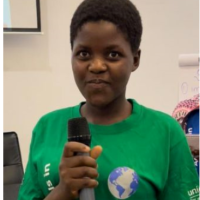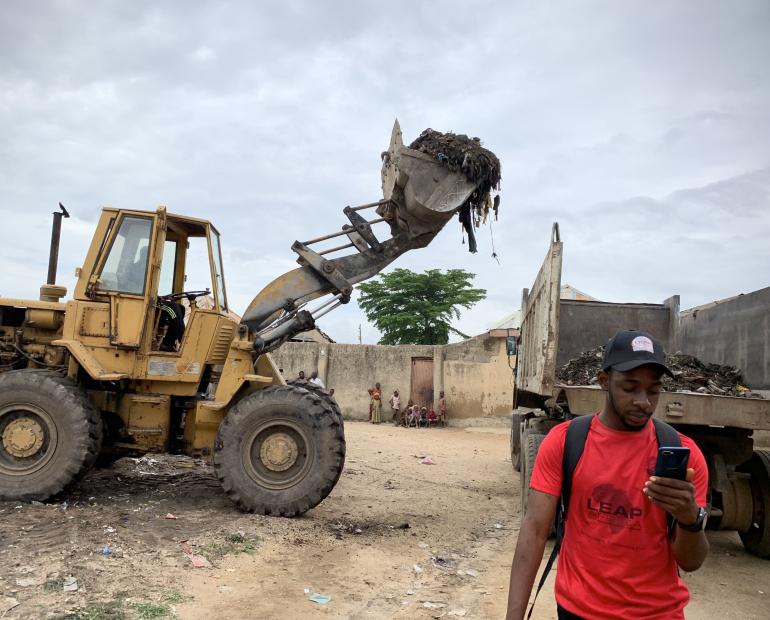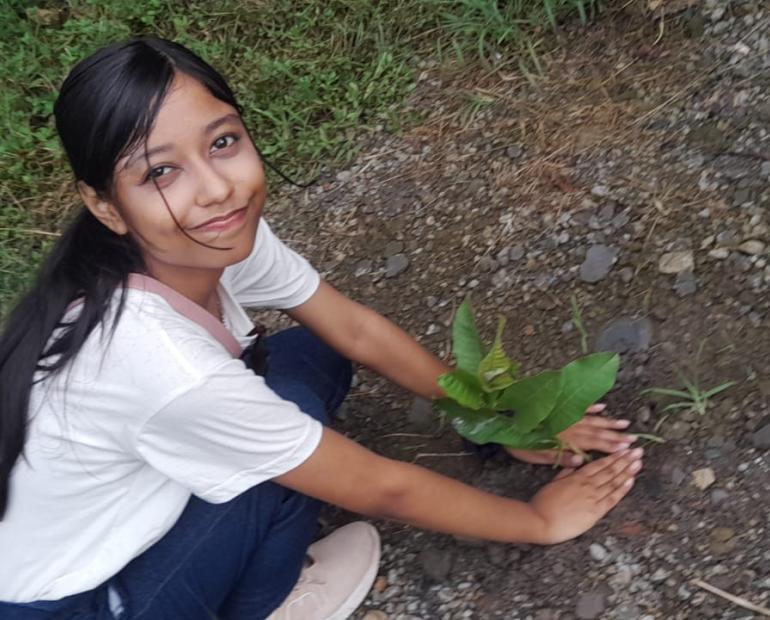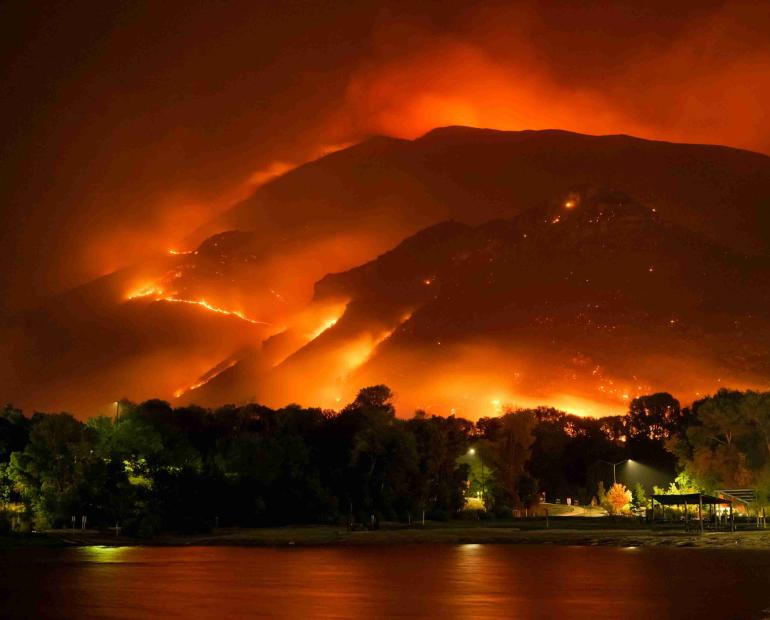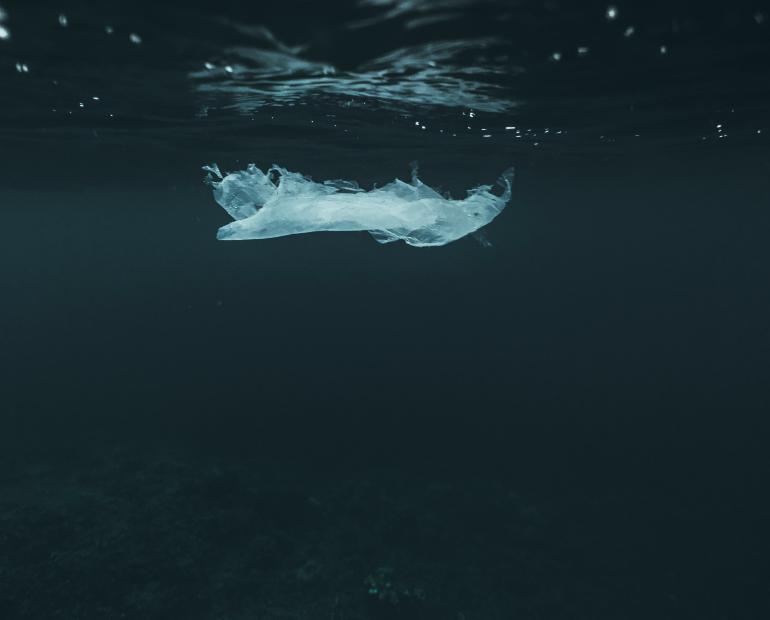
Climate change, for me and thousands of girls living in rural Malawi, is a very real and constant threat. Droughts and floods have become our harsh reality, one that we have to endure almost every year. They wreak havoc on our homes, schools, and communities.
I experienced the devastating impacts of climate change firsthand in 2021, when my house was flooded, and my family and I were displaced from our home. The chaos and uncertainty of living in a camp were deeply distressing, especially for women and girls who are vulnerable to harassment and abuse. Schools were also damaged, disrupting our education. We faced a shortage of basic necessities, like food and sanitary products. The lack of proper facilities made it especially difficult for girls like me.
And it's not just me – last year, tropical storms Ana and Gombe wreaked havoc in the southern region, causing severe damage to roads, schools, health facilities, and the crops that our families and communities depend on for our livelihoods. Climate change is not just a future problem – it's a problem that's already affecting our daily lives and our future prospects.
But I refuse to be a helpless victim of climate change. That's why I jumped at the opportunity to attend the “Adolescent Girls' Green Skills” training organized by UNICEF Malawi. Even though I had to cross a flooded river with water up to my chest on foot to get there, I knew that it was an opportunity for me to learn more about the issue and find answers to some of the questions I had.
The more I learned about climate change, the more I realized how urgent the problem is and how much we need to do to fight it. I learned about the importance of planting trees and preserving wetlands as they provide carbon sink opportunities. But the more I learned, the more questions I had. For example, I learned about the environmental dangers of making charcoal. But in my community, people do not have alternative sources of fuel, so what are the practical solutions?
Moreover, what can I, as an individual, do to make a difference?
That's when I realized that education and advocacy are key to creating awareness and encouraging positive action. I can start by educating people about the harmful effects of their actions on the environment and advocating for policies that ensure availability and affordability of alternative sources of fuel. I have pledged to take climate action and shared my commitments with our District Youth Officer.
I have committed to planting trees regularly, stopping careless throwing away of plastic papers, mobilizing my friends to educate our community against deforestation and plastic waste, raising awareness on how our actions contribute to climate change, and advocating for positive actions that adapt to climate change. I am also educating people on how they can adapt to climate change by using climate-resilient seeds for agriculture, using farming techniques that reduce the effects of flooding on their farms, and planting vetiver grass to control soil depletion.
I believe that if we all take individual action, we can collectively make a difference in the fight against climate change. We must educate ourselves and others about the impacts of climate change and take positive actions to mitigate and adapt to its effects.
It's time to act now before it's too late, and I'm ready to do my part.


